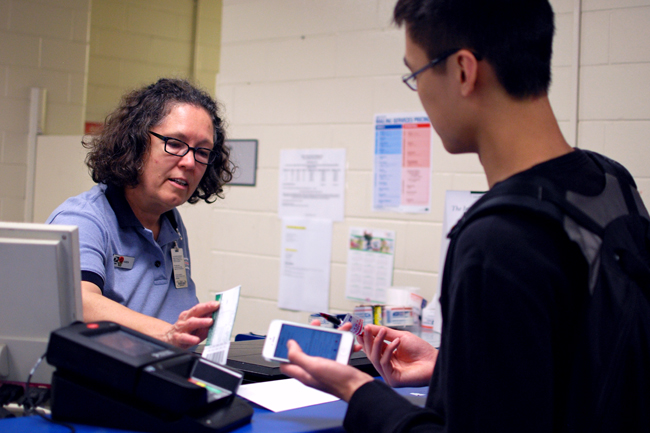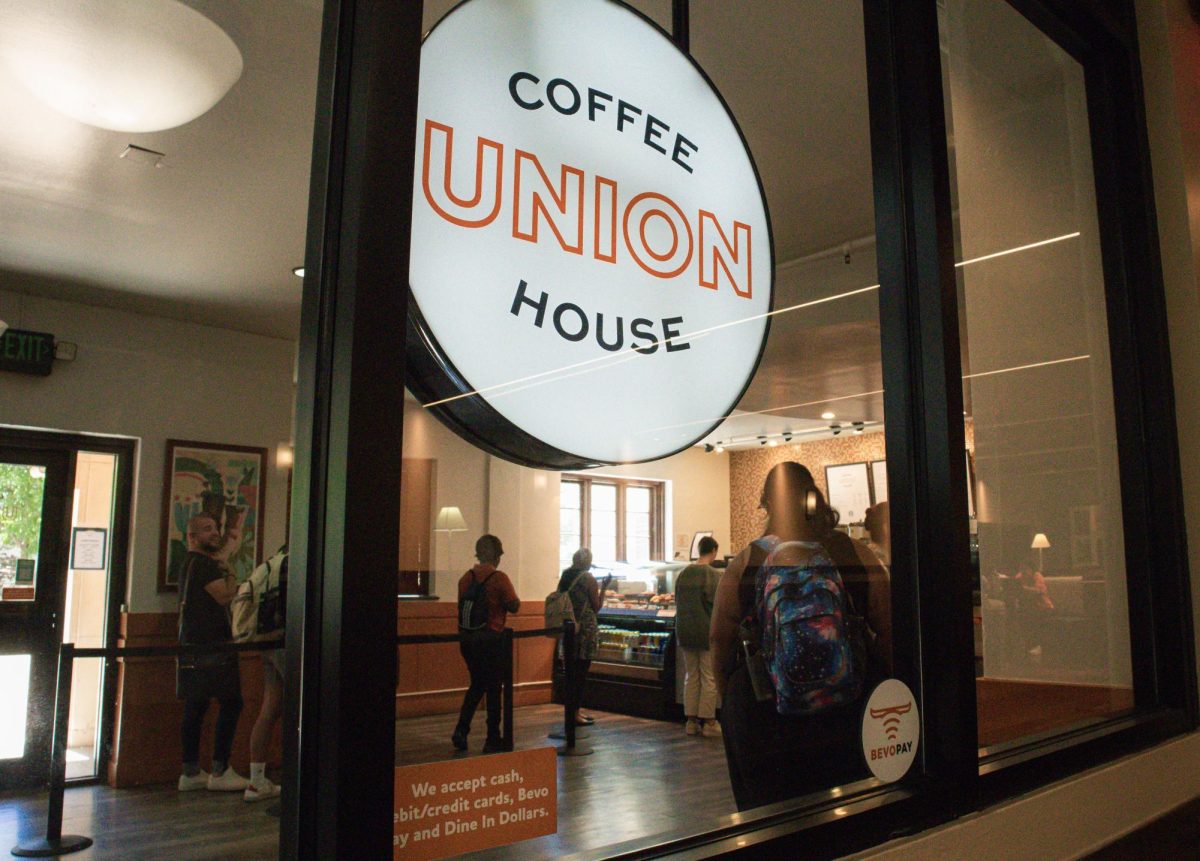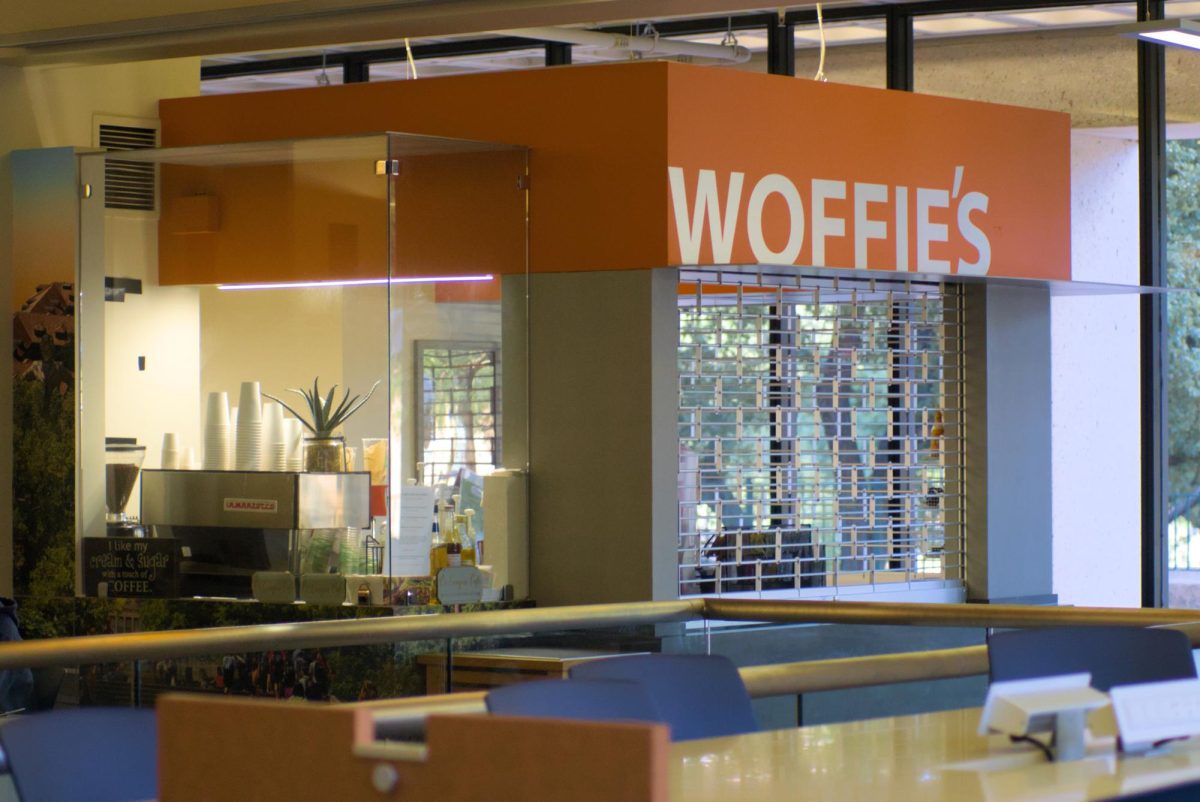The University’s lease extension with the U.S. Postal Service shows the variations in UT’s leasing agreements with non-University entities.
Late last month, the Postal Service extended its lease with the University through February 2016, for which it will pay an annual fee of $1.
Postal Service spokesman Sam Bolen said the low price of the lease is because the post office provides a public service to the campus and surrounding community. The Postal Service has similar leasing agreements with both profit and nonprofit organizations.
“It varies by institution,” Bolen said. “Some universities have their own mail operations, some of them contract it out, some of them do it in-house. For schools that are really large like the University of Texas, our presence on campus [was] requested roughly 50 years ago.”
Campus Real Estate Director Amy Wanamaker said the lease pricing has historically always been $1 annually. The University does not expect the extension to affect financial aspects of the lease.
The public services lease held by the Postal Service is uncommon for the University and greatly differs from the contractual agreements between food service vendors and University Unions, which includes deals with Wendy’s, Starbucks and Chik-Fil-A among other outlets. University Unions Executive Director Andy Smith said these contracts operate on a revenue share determined by the amount of total income generated.
“Each of these contracts, generally speaking, are configured differently but none of them are leases of space,” Smith said. “Sometimes [the vendors] are under a straight percentage and then there are times where the percentage goes up or down as you reach certain trigger figures in the gross sales. So it might be 10 percent on the first 1.5 million and then after that it might be 12 percent between that number and another trigger number.”
The post office has maintained its location in the West Mall Office Building since 1962, according to archived blueprints of the University building. Though alternative places for the relocation of the on-campus branch had been considered in meetings between the University and the Postal Service, University Operations spokeswoman Rhonda Weldon said the extension times were not to give the service time to seek out a new home.
“It is my understanding that it’s always been, for those extension periods, that we were going to assess what the needs of the campus were versus what services were being provided,” Weldon said.
Weldon said the University has not been in contact with delivery service companies such as UPS Inc. or FedEx regarding the West Mall Building space or future partnerships, but available space on campus is always desirable.
“When space becomes available at the University, there is always an academic or research entity interested in making use of it,” Weldon said. “I am not personally aware of any specific entities interested in that space.”
Weldon said there are no plans to lease the space after the 2016 lease expires.
“If the U.S. Postal Service doesn’t occupy the space, then that space would be repurposed for academic or research use,” Weldon said.
Weldon said the revaluation of campus mailing services did not come as a result of budget constraints.
“It doesn’t have anything to do with recent University budget cuts because [the revaluation of campus mailing services] doesn’t have anything to do with University Operations’ budget,” Weldon said. “Our commitment is to continue to meet the mail service needs of the campus community so we have to figure out how to do that through 2016 and beyond.”





















